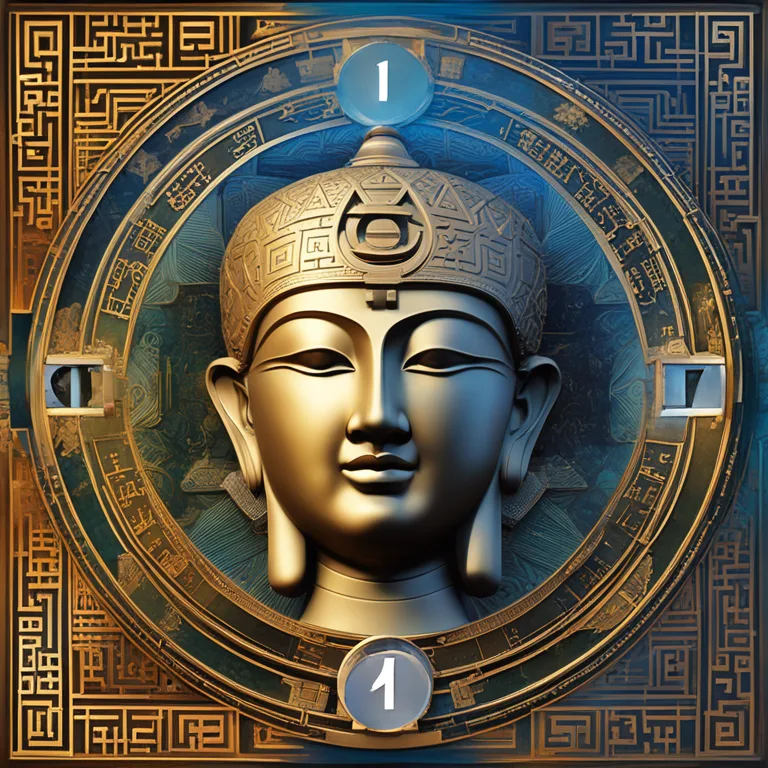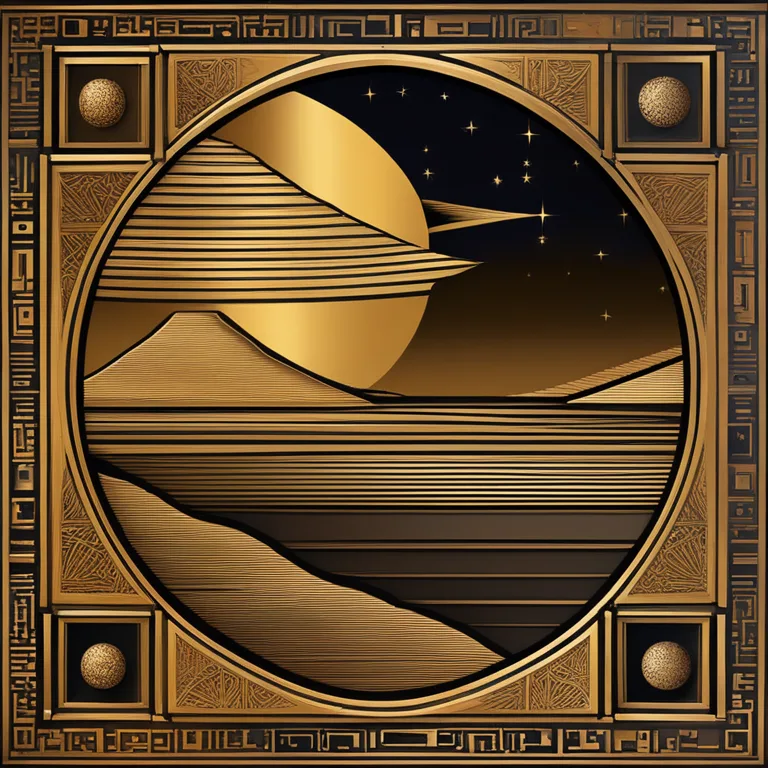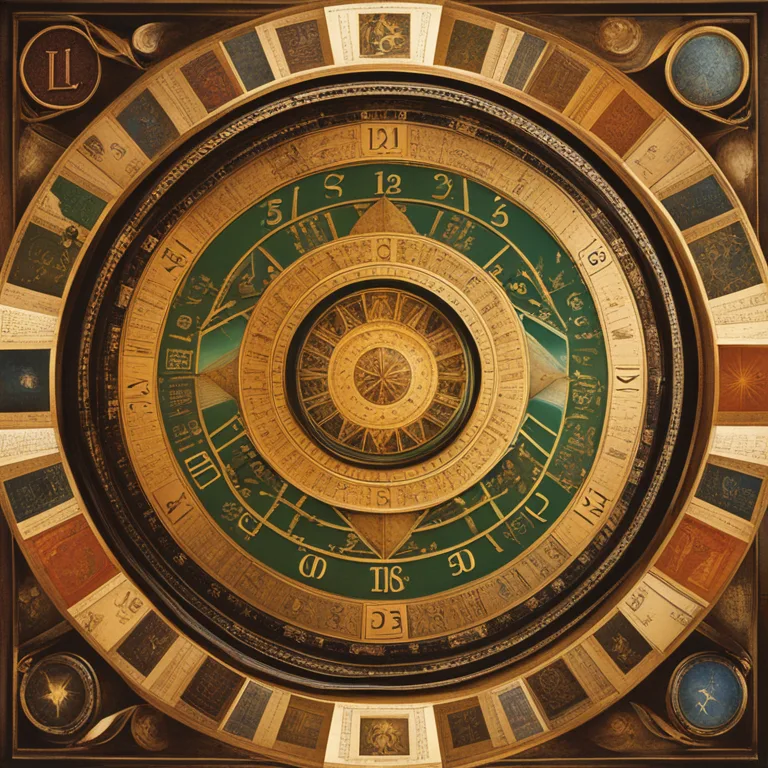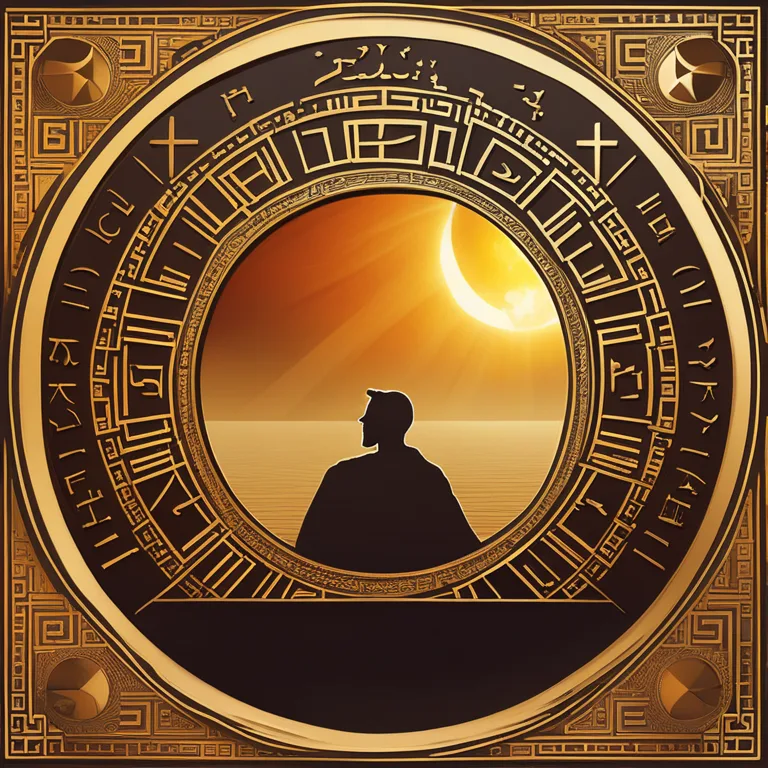
The Origins of Numerology: A Brief History
Discover the roots of numerology and the thinkers who contributed to its inception and development throughout history.
article by Sofia Ferguson
Ancient Beginnings
Numerology, the mystical science of numbers, has its roots buried in the sands of ancient civilizations. Its origin is difficult to pinpoint given its prevalence in various cultures across time. The earliest records of numerological practices can be traced back to ancient Egypt and Babylon, where priests and scholars believed that numbers held divine powers and cosmic significance. The Chaldeans of Babylonian civilization meticulously studied the vibrations of numbers, ascribing to them certain qualities that influenced human life and the universe at large.

Pythagoras' Numerological Insights
While the exact inventor of numerology cannot be credited to a single individual, the Greek mathematician Pythagoras is often heralded as a pivotal figure in the development of numerological thought. Pythagoras, who lived around 570-495 BCE, and his followers, the Pythagoreans, proposed that the world is built upon the power of numbers, with each number having its unique properties and associations. It was this profound belief that gave rise to the term "Pythagorean numerology," a system that associates numbers with specific vibrational characteristics.

Growth through Cultures
Numerology's reach didn't halt with the Greeks; it thrived across various cultures and was enriched by their wisdom and intellectual contributions. The ancient Chinese developed their form of numerology focusing on the importance of certain numbers, which continues to influence Chinese culture today. Similarly, in the Hebrew Kabbalah, the study of numbers is intensely connected to the spiritual and mystical interpretation of Jewish scripture. These disparate civilizations, each with its philosophical leanings, wove numerology into the fabric of their cultures.

The Modern Evolution
The revival of interest in occult and esoteric studies during the Renaissance period saw a renewed exploration of numerology among the scholars and mystics of the time. Moving into contemporary times, the late 19th and early 20th centuries marked a significant uptick in public interest concerning numerology. It was the era marked by figures like L. Dow Balliett and Dr. Julia Seton, who were instrumental in popularizing the system of numerology known today, which combines Pythagorean insights with modern psychological understanding.

Numerology in the Digital Age
In the current era, numerology has mushroomed in popularity, largely due to the accessibility of information and proliferation of digital platforms discussing esoteric knowledge. Online calculators and software programs offer personalized numerological readings at the click of a button, propelling numerology into the lexicon of daily life for many. These modern tools are designed with both the ancient wisdom of numerology and the latest technological developments, keeping this mystical practice relevant and accessible.
Facing Future Frontiers
As we proceed further into the 21st century, the fascination with numerology continues to evolve, with scholars, enthusiasts, and even skeptics weighing in on its effectiveness and role in personal development and self-awareness. Whether as a tool for introspection or as a subject of academic interest, numerology's imprint on culture and personal belief systems seems set to continue its growth trajectory, spurred on by an enduring quest to understand the deeper meanings and patterns of life.
Published: 12/21/2023
Modified: 12/21/2023
More predictions
Come back here soon to learn more about yourself and your future


Astrological Guide To Friendship
Discover which zodiac signs make the best friends according to astrology, and find your most compatible astrological buddies.


Cancer & Libra Compatibility
Discover the dynamics of Cancer and Libra partnerships in love, friendship, and work with our in-depth compatibility guide.


Zodiac Sign Compatibility Guide
Discover your astrological love matches with our concise guide to zodiac sign compatibility.